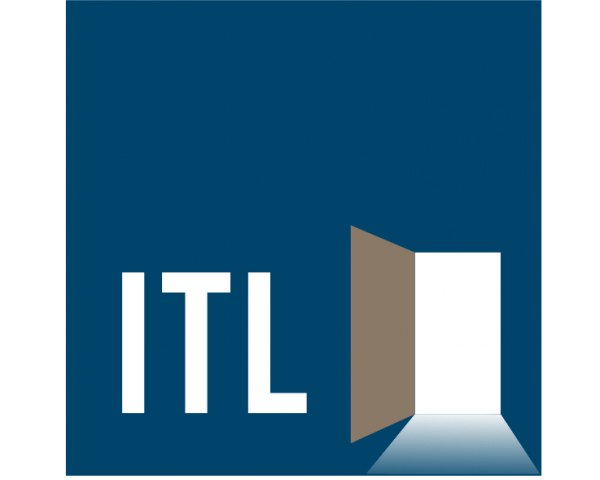When I decided a decade ago that my work on innovation should zero in on insurance, I was struck by how many lines overlapped, especially concerning our health. There was health insurance in its many forms – employer-provided, individual and government-provided as the main piece but also the numerous supplemental lines, such as long-term disability. There was also a major healthcare component to workers' comp, to auto insurance and, in a way, to life insurance, given that carriers have clear incentives to help policyholders stay alive as long as possible.
I thought a long-term goal for insurance could be – should be? – a Health for Me approach. I just want to stay as healthy as I can and have access to care when I need it. I don't care what's happening behind the scenes to provide me that sort of coverage but figure the setup is more efficient for all of us if fewer entities and policies/contracts are involved.
Meanwhile, there is also a clear overlap between life insurance and wealth management – life insurance should be part of every family's financial planning and can even be a defining part.
I've seen some convergence over the past decade-plus, especially as life insurers have leaned into technology that encourages policyholders to be healthier and helps them do so, but there's been less convergence than I hoped.
So my ears perked up when I interviewed Sherry Chan, chief strategy officer at Atidot, which provides AI and machine learning tools to life insurers. She said there will be "a great wealth transfer of $90 trillion in the next 20 years from the Silent Generation and Baby Boomers to the Millennials." She predicted that transfer will create "shifting insurance and retirement planning needs, merging these two industries closer together."
And I believe the effects on convergence will ripple out from there.
Chan said the effects of the great wealth transfer will be accelerated by private equity's aggressive moves into insurance – PE always shakes things up – and by the changing regulations about agents and brokers being required to act as fiduciaries.
"Together," she said, "these trends will converge asset management with wealth management, so people will need to think more holistically in financial planning, with insurance being in the mix of it all."
Alex Coonce, chief people officer at Sidecar Health, stressed in her part of this month's interview that health insurance needs a new model. She said the current approach is just too expensive for people and gives patients too little control over the cost and management of their care.
"Putting incentives in place for consumers to make their healthcare decisions, instead of financial institutions, results in more informed care decisions and lower expenses," she said.
That approach still leaves a lot of room for progress toward my Health for Me idea, but what both she and Sherry describe amounts to real progress in my book.
Cheers,
Paul | 

